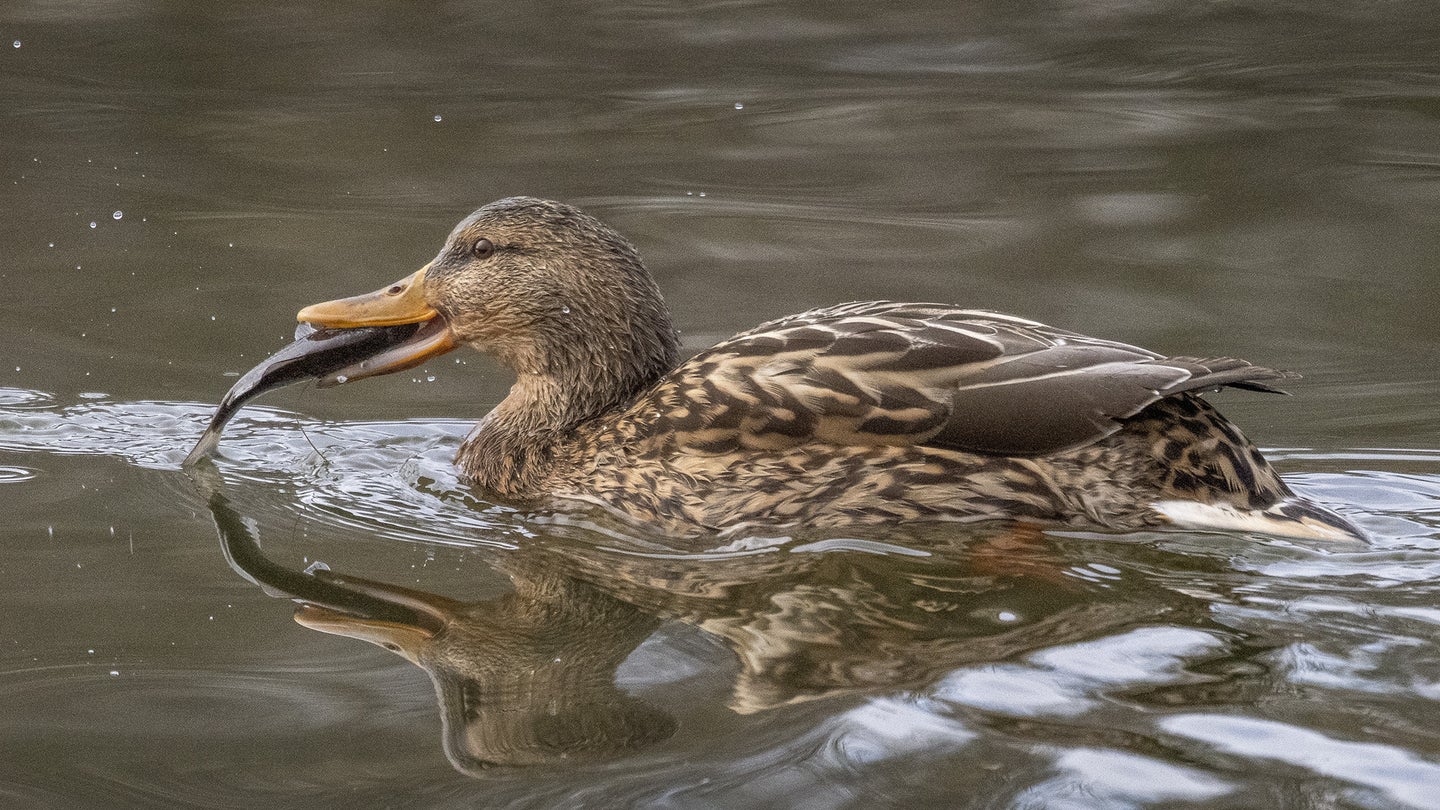Ducks are delightful birds that can be found in both wild environments and as cherished pets in backyards across the globe. Understanding what to feed these feathered friends is crucial for their health and happiness. Whether you’re a farmer, a duck enthusiast, or just curious about these aquatic birds, this guide will provide you with comprehensive insights into the dietary habits of ducks.
The Basics of a Duck’s Diet
Ducks are omnivores, meaning they enjoy a varied diet that includes both plant matter and small animals. In the wild, their diet naturally consists of a mix of seeds, grasses, aquatic plants, insects, and small fish. For domesticated ducks, it’s important to replicate this balanced diet as closely as possible to ensure they receive all the nutrients they need.
A Balanced Diet for Healthy Ducks
Providing a balanced diet to ducks helps in maintaining their health and vitality. A mix of grains, commercial duck pellets, vegetables, and occasional treats in the form of insects or worms will make for a happy and healthy duck. It’s essential to avoid feeding them bread, as it lacks nutritional value and can lead to health problems.
What Do Ducks Eat in the Wild?

In their natural habitat, ducks spend a significant amount of time foraging for food. They are adept at finding a variety of food sources to satisfy their nutritional needs.
Aquatic Plants and Seeds
Ducks often feed on aquatic vegetation, such as duckweed, water lilies, and pondweed. These plants provide essential vitamins and minerals. Seeds from grasses and other plants also make up a significant portion of their diet.
Insects and Small Aquatic Creatures
Ducks love to eat insects, which are a great source of protein. They also feast on larvae, snails, small fish, and crustaceans. This protein intake is particularly important during the breeding season and for ducklings’ growth.
What Do Ducks Eat in Captivity?
For those raising ducks in captivity, it’s important to mimic their natural diet as much as possible.
Commercial Duck Feed
Commercial duck feed is formulated to provide the nutrients ducks need. These pellets or crumbles are designed to float on water, making them easy for ducks to eat. It’s a convenient option that ensures your ducks get a well-rounded diet.
Vegetables and Grains
You can supplement commercial feed with vegetables like leafy greens, peas, and corn. Grains such as wheat, barley, and oats are also beneficial. However, it’s important to provide these in moderation and as part of a varied diet.
What Do Ducks Eat in the Winter?

Winter can be a challenging time for ducks, as their natural food sources may be scarce. Here’s how you can help them through the colder months.
Energy-Rich Foods
During winter, ducks require more calories to keep warm. Foods high in carbohydrates and fats, such as cracked corn and other grains, can provide the necessary energy.
Unfrozen Water Access
Ducks need access to unfrozen water, not just for drinking, but also for eating. They use water to help swallow their food. Providing a heated water source can be a lifesaver in freezing conditions.
What Bugs Do Ducks Eat?
Insects and bugs are a crucial component of a duck’s diet. Here are some of the bugs ducks typically enjoy.
Slugs and Snails
These are a favorite among ducks and are an excellent source of protein. Ducks will happily hunt for these in your garden, providing pest control as a bonus.
Worms and Larvae
Ducks will dig in the soil for earthworms and other larvae. These invertebrates are packed with nutrients that are beneficial for ducks.
Flying Insects
Ducks will also catch flying insects like mosquitoes, gnats, and flies. This not only provides them with a nutritious snack but also helps in keeping the insect population in check.
Feeding Ducklings: A Special Diet
Ducklings have different nutritional requirements than adult ducks. Here’s how to ensure they get a good start in life.
Starter Feed for Ducklings
Ducklings should be fed a starter feed that’s high in protein. This supports their rapid growth and development in the early stages of life.
Gradual Introduction to Other Foods
As ducklings grow, they can gradually be introduced to the same foods as adult ducks. However, it’s essential to ensure the food pieces are small enough to prevent choking.
Harmful Foods to Avoid
Not all foods are safe for ducks. Here are some to avoid:
Bread and Processed Foods
Bread, chips, and other processed foods can lead to malnutrition and health issues in ducks. They should be avoided altogether.
Avocado, Chocolate, and Caffeine
These foods are toxic to ducks and should never be given to them.
Moldy or Spoiled Foods
Mold can be harmful to ducks, so ensure that any supplemental food provided is fresh and free of mold.
Conclusion: Feeding Ducks Responsibly
Understanding what ducks eat is crucial for anyone interested in their welfare. Whether you’re feeding wild ducks or caring for a flock of your own, providing a balanced and appropriate diet is the key to keeping them healthy and happy. By following the guidelines in this ultimate guide to feeding ducks, you’ll ensure your feathered friends thrive in any environment.
Remember, the best way to care for ducks is to offer them natural, nutritious foods and avoid anything processed or potentially harmful. With the right diet, ducks can be a joyful addition to any pond or backyard, bringing life and excitement to the environment.

